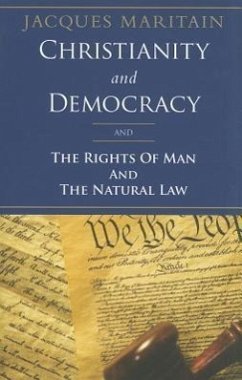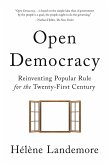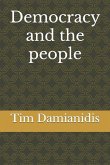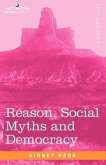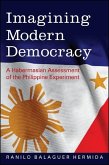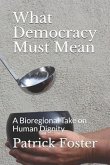Few political philosophers have laid such stress upon the organic and dynamic characters of human rights, rooted as they are in natural law, as did the great 20th century philosopher, Jacques Maritain. As this important work reveals, the philosophy of Maritain on natural law and human rights is complemented by and can only be properly understood in the light of his teaching on Christianity and democracy and their relationship. Maritain shows that Christi-anity cannot be made subservient to any political form or regime, that democracy is linked to Christianity, and that in order for democracy to thrive, it must reflect certain values historically derived from the Gospel. He also argues that personalist or organic democracy provides a fuller measure of freedom and fulfillment, and that it takes shape under the inspiration of the Gospel. Even the modern democracies we have, with all their weaknesses, represent an historic gain for the person and they spring, he urges, from the very Gospel they so wantonly repudiate!
Hinweis: Dieser Artikel kann nur an eine deutsche Lieferadresse ausgeliefert werden.
Hinweis: Dieser Artikel kann nur an eine deutsche Lieferadresse ausgeliefert werden.

